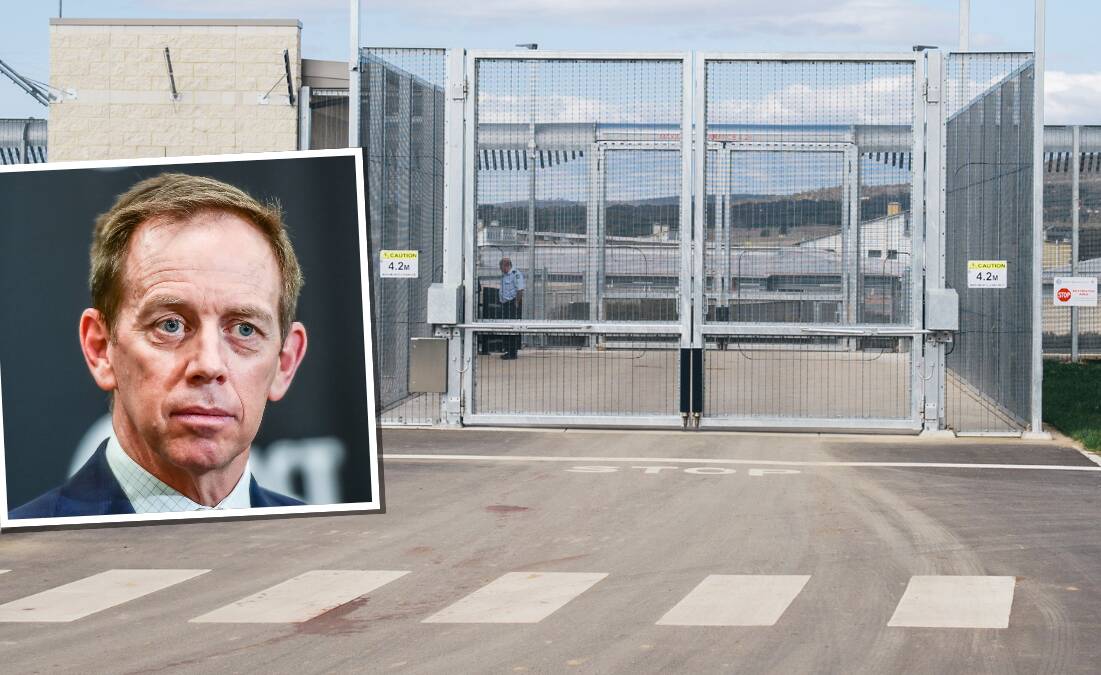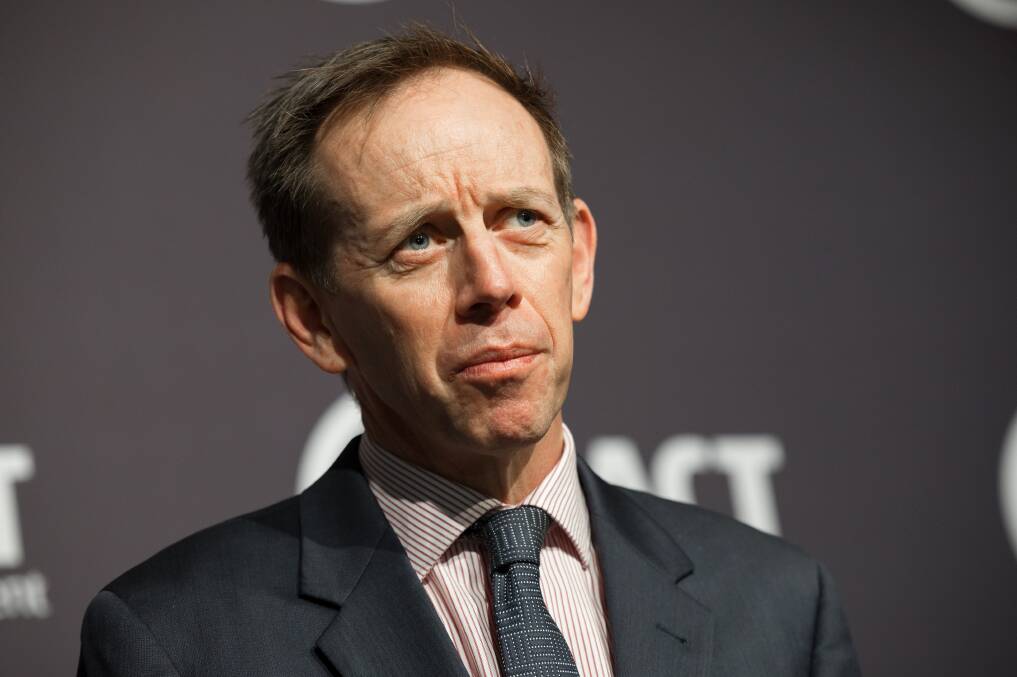The ACT's Attorney-General concedes his government's efforts to tackle high incarceration rates have not done enough for Aboriginal and Torres Strait Islander people.
Shane Rattenbury said an independent review would provide clear recommendations and potentially identify solutions the government had previously considered to tackle the problem.
The Jumbunna Institute of Indigenous Education and Research at the University of Technology Sydney will lead the long-awaited review, the government will announce on Monday.
Lindon Coombes, who leads the institute and is a descendant of the Yuallaraay people of north-west NSW, said the overrepresentation of First Nations people in the territory's criminal justice system was an urgent problem that needed to be addressed.
"Jumbunna brings together a highly skilled team to conduct this review. We will work closely with the Aboriginal and Torres Strait Islander community in the ACT to develop practical recommendations for the ACT government," Professor Coombes said.

"Working together, we are confident we can bring about the necessary changes."
The review will be completed in two parts. The first part of the report, due in May, will assess how the ACT has implemented the recommendations from an Australian Law Reform Commission report into Indigenous incarceration rates.
The second report, due in late 2024, will set out practical recommendations for the ACT government to reduce the rate of Indigenous incarceration.
Mr Rattenbury said the government's justice reinvestment strategy had reduced the overall number of people imprisoned in the ACT from a 2018 peak of 151 per 100,000 people, back to 102.5 per 100,000 people in five years.
Recidivism rates had also fallen by nearly 20 per cent in the same period, the Attorney-General said, but noted the results were not equal among the ACT's First Nations people.
"The work we've done is working, but it's not working nearly well enough for Aboriginal and Torres Strait Islander people," he said.
Data published last week showed an Aboriginal person in Canberra is 24.6 times more likely to be imprisoned than a non-Indigenous person in the territory.
Across Australia, an Aboriginal or Torres Strait Islander person is 17.4 times more likely to be imprisoned than a non-Aboriginal or Torres Strait Islander person.

More than one-quarter of Canberra's daily average prison population is Indigenous. In the 2021 census, 2 per cent of people in the ACT identified as an Aboriginal or Torres Strait Islander person.
The Canberra Times on Friday revealed the government was this week set to unveil the review, which it had first promised in the lead up to the 2020 election.
Mr Rattenbury acknowledged there was a "degree of awkwardness" within the government that the review would not be completed before the end of the parliamentary term, but said the issue need to be handled "above politics".
"I didn't want to shorten the timeframe ... to squeeze it in before the election. ... [The review] will certainly land on the desk of whoever is in government and whoever's in the right portfolios immediately after the election with a really clear set of recommendations. And I think that will be valuable," he said.
Aboriginal and Torres Strait Islander Affairs Minister Rachel Stephen-Smith said the overrepresentation of First Nations people in the territory's justice system was unacceptable.
"We have heard very clearly from across the Aboriginal and Torres Strait Islander community that this is a matter which requires greater examination and renewed commitment from government," Ms Stephen-Smith said.
"The legacy of colonisation and dispossession continues to have far-reaching impacts for Aboriginal and Torres Strait Islander communities across the country.
"To deliver generational change and close the gap, we must do more to address systemic racism while empowering Aboriginal and Torres Strait Islander people to identify and implement strength-based solutions. I look forward to seeing the outcomes of Jumbunna Institute's engagement on this critical issue."







